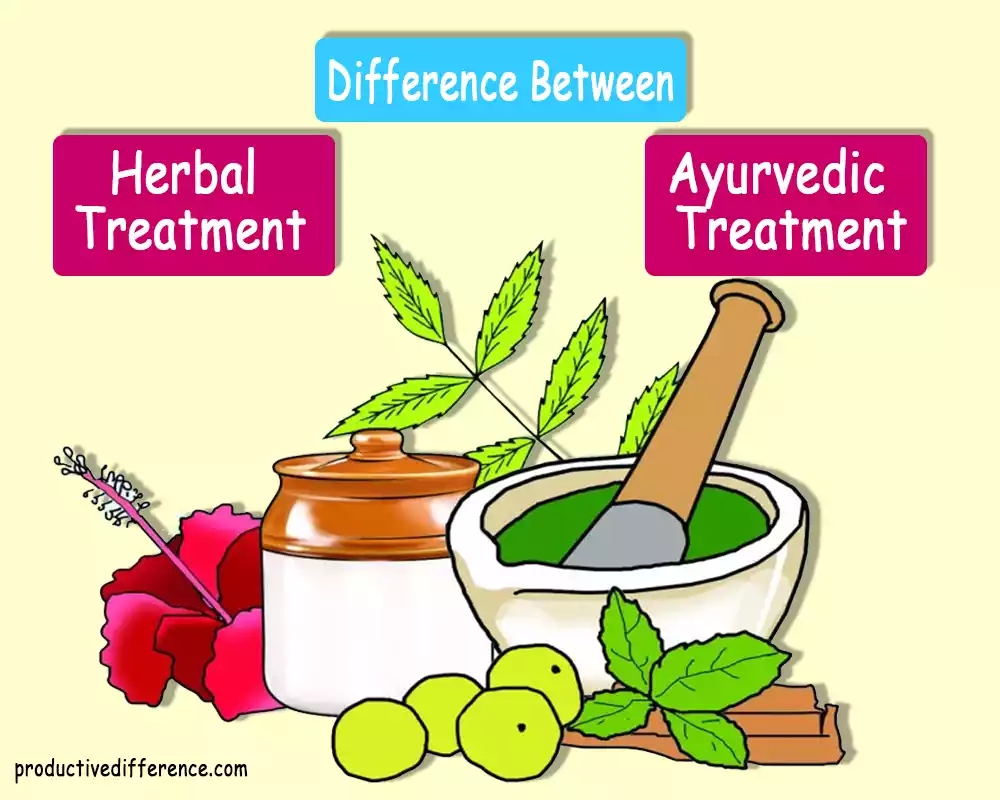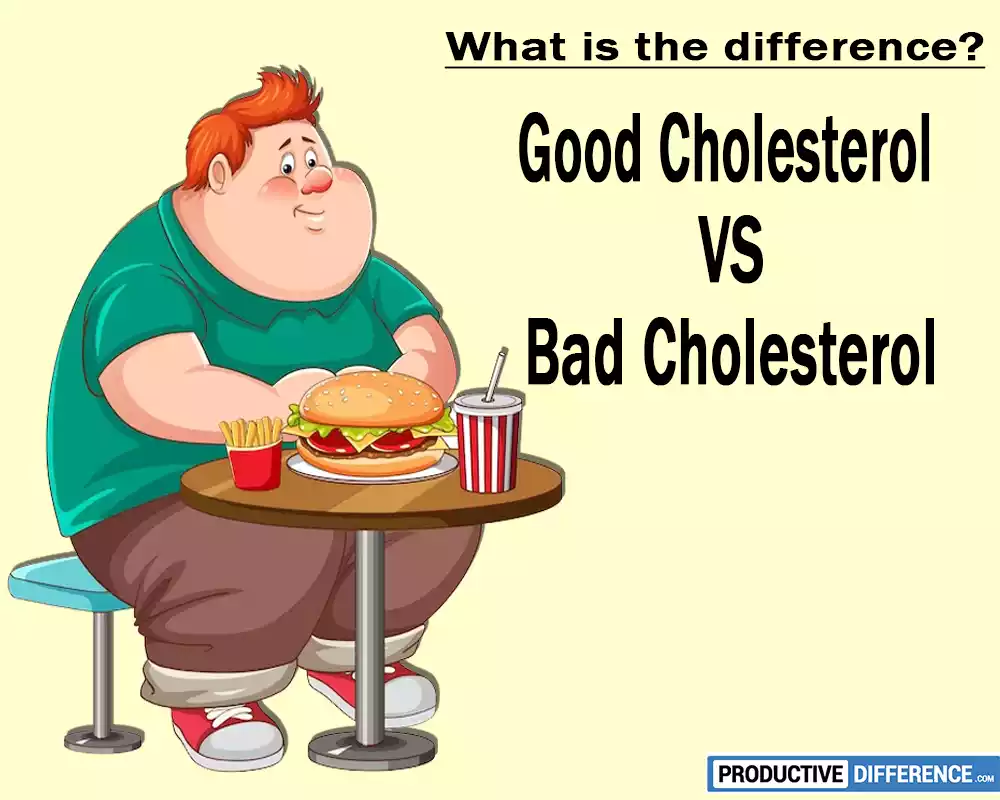“Dietary Supplements and Nutraceuticals are often confused, yet each category represents distinct features in the health and wellness industry. Dietary supplements aim to supplement daily nutrient consumption such as vitamins and minerals while nutraceuticals provide additional health benefits that may assist with disease prevention or treatment.
While both categories aim to enhance well-being, their composition, regulation, and applications differ substantially in this article, we’ll examine these distinctions further to shed light on their respective roles in supporting a healthier lifestyle.”
Definition of Dietary Supplements
“Dietary supplements are products designed to add nutritional value to a diet by providing additional essential nutrients such as vitamins, minerals, proteins, amino acids, and botanical substances. Contrary to conventional foods, supplements are specially formulated to fill any nutritional gaps found in a regular diet.
These come in the form of tablets, capsules, powders, gel caps, extracts, or liquids. Dietary supplements serve a number of functions, from supporting overall health to strengthening immunity or aiding with specific health conditions.
Dietary Supplement regulations vary between countries, often necessitating certain labeling and purity standards for these supplements to remain legal in use.
Although Dietary Supplements can offer considerable health benefits, consultation with healthcare providers prior to using them is advised as misuse could cause adverse side effects or interactions with medications – further evidence that people’s interest in health and wellness continues to rise.” The market for Dietary Supplements continues to expand with increasing consumer demand.

How dietary supplements are regulated
Dietary supplements are regulated differently worldwide and their regulations can differ significantly between countries.
Here’s an overview of how dietary supplements are generally regulated worldwide focusing on some key regions:
United States
Dietary supplements in the U.S. are regulated by the Food and Drug Administration (FDA) according to the Dietary Supplement Health and Education Act (DSHEA) of 1994.
Under this act:
Manufacturers are responsible for ensuring their products are safe before being released for sale; supplements do not need pre-market approval like prescription and over-the-counter drugs do, and thus the FDA can take immediate action if any unsafe dietary supplement reaches the market.
Manufacturers must abide by Good Manufacturing Practices (GMPs) to ensure quality and safety during production, with labeling that is truthful, non-misleading, and supported by evidence for any claims about health benefits made on products labeled with GMPs.
In Europe, dietary supplements are considered food products; their regulation includes requirements such as:
Safety: Products should be safe for consumption.
Labeling: Accurate information must be provided about ingredients, nutritional values, and recommended usage on labels. Health Claims: Any health claims must be supported by scientific evidence and authorized prior to being made public.
Notification: In some EU countries, prior to marketing dietary supplements, notification is required through certain processes.
Canada: Dietary supplements in Canada are regulated by Health Canada under their Natural Health Products Regulations; this framework dictates certain standards such as:
Licensing: Supplements must be approved and assigned a Natural Product Number (NPN).
Good Manufacturing Practices (GMPs): Manufacturers must abide by quality control standards.
Labeling: Products must include information regarding their ingredients, source, dose, potency, and recommended use on their labels.
Other Countries
Other countries also have regulatory frameworks in place, typically administered by relevant food and drug or health agencies. These regulations may address aspects such as safety, quality, labeling, and advertising.
The benefits and risks of dietary supplements
Dietary supplements may offer various advantages and drawbacks depending on their type, the individual’s health status, product quality, and other considerations. Here’s an overview:
Benefits of Dietary Supplements
Supplements can fill nutritional gaps that might otherwise go undetected, especially when it comes to those who rely on restricted diets or require medication for medical conditions that limit how much their bodies can consume from food sources alone.
Supporting Health Conditions: Certain supplements can assist with managing specific health concerns, such as calcium and vitamin D supplements for bone health.
Enhancing Performance: Supplements such as protein powder may enhance athletic performance or promote muscle growth, supporting athletic training sessions.
Preventing Deficiencies: Vitamin and mineral supplements may help prevent deficiencies that lead to chronic conditions or other health problems, providing protection from their adverse consequences.
Specialized Support: Pregnant women, the elderly, or those with specific dietary requirements may benefit from customized supplementation programs.
Risks Associated with Dietary Supplements
Overdose Potential: Consuming too many vitamins or minerals at one time can result in toxicities or side effects on health.
Interactions With Medications: Certain supplements may interact with prescription or over-the-counter medicines, altering their efficacy or leading to unwanted side effects.
Quality Variability: Dietary supplement quality can vary drastically across brands, creating potential safety issues.
False Health Claims: Unfortunately, certain products make unsubstantiated health claims that lead consumers to choose them over proven medical therapies.
Absence of Regulation: In some regions, a lack of stringent regulation allows products to contain less than what is listed on their labels or contain dangerous materials that could pose risks to human health.
Delaying Medical Treatment: Relying solely on supplements to treat serious medical conditions can delay proper medical intervention and result in worsened outcomes.
Definition of Nutraceuticals
Nutraceuticals are food-derived products intended to provide extra health benefits beyond what food alone could. Nutraceuticals can be seen as an amalgamation of pharmaceutical and nutritional products.
Nutraceuticals encompass isolated nutrients, dietary supplements, specific diets, genetically engineered foods, herbal products, and processed food such as cereals, soups, and beverages. Nutraceuticals’ focus is rooted in prevention, following in the footsteps of Hippocrates – one of the fathers of modern medicine – who declared, ‘Let food be your medicine.’
Human health experts believe the role of functional foods is greater than that of traditional nutrition, as they could have the ability to prevent diseases, improve health conditions and support body functions.
Nutraceuticals vary significantly across jurisdictions in terms of regulation, quality control, marketing, and scientific support for certain claims; interest continues to increase due to an aging population, rising healthcare costs, and an emphasis on preventive healthcare.”

How nutraceuticals are regulated
Nutraceuticals regulation is varied across various countries and regions and countries, reflecting the varied nature of the products be anything including isolated nutritional supplements to food and herbal supplements. This article will provide an outline of the way that nutraceuticals are being regulated in certain crucial regions:
United States
Within the U.S., nutraceuticals can be classified under a variety of classifications of regulation, such as nutritional supplements, food additives, and even drugs depending on their intended uses and their claims.
- As diet supplements, they’re regulated by the Dietary Supplement Health and Education Act (DSHEA) of 1994.
- If they make certain statements about their health, they could be regulated as drugs.
- The Food and Drug Administration (FDA) supervises the safety of drugs, their labeling, and any health claims that are made.
European Union
In the EU the EU, nutraceuticals are usually controlled as food products or food supplements.
- The European Food Safety Authority (EFSA) reviews scientific evidence to support health claims.
- The products must be in compliance with the specific requirements in regard to labeling, composition, and marketing.
- Novel Foods Regulation may apply in the event that the product has new or novel ingredients.
Canada
In Canada, Nutraceuticals are controlled as natural health products or food items.
- Natural Health Products Regulations govern products that make health claims, which require registration and compliance with Good Manufacturing Practices.
- If they are classified as food, they must be in compliance with regulations of the Food and Drugs Act and the regulations that go with it.
India
India has guidelines specific to Nutraceuticals, health supplements, and functional foods.
- The Food Safety and Standards Authority of India (FSSAI) supervises the regulation of FSSAI.
- The products must meet certain specifications in terms of ingredients, labeling, and claims.
Other Countries
Different countries have their own regulatory frameworks, which often reflect the combination of drug, food as well as supplement laws. The classification of a nutraceutical can be determined by its components, the intended use, as well as the claims made by the manufacturer.
The benefits and risks of nutraceuticals
Nutraceuticals, which encompass a vast variety of products ranging from isolated nutrients and functional foods, provide a variety of advantages and dangers. Knowing these benefits can assist consumers make better decisions and health professionals provide appropriate information.
Benefits of Nutraceuticals
- Disease Prevention: Certain nutraceuticals have been proven to lower the risk of some chronic diseases, including diabetes and heart disease.
- therapeutic effects Nutraceuticals, such as omega-3 fatty acids could provide therapeutic benefits to disorders like depression and arthritis.
- Enhance Nutrition Functional foods that are enriched with minerals, vitamins or additional beneficial ingredients can boost the overall nutritional quality.
- Promoting Digestive Health Probiotic nutraceuticals may help improve gut health by promoting an optimal balance of the gut microbiome.
- Personalized Health Solutions Nutraceuticals provide the opportunity for customized nutrition that is based on your individual preferences and needs for health.
- Nature-based Alternatives Certain consumers favor nutraceuticals to be natural alternatives to drugs for treating health issues.
Nutraceuticals are a risk
- Unregulated Lax or inconsistent regulation in certain regions could cause products to be infected or do not contain the ingredients claimed to be in them.
- potential interactions Nutraceuticals could interact with other medications or supplements, causing unexpected side effects, or decreased efficiency of therapies.
- Overconsumption-related Risks Consuming large amounts of certain nutraceuticals could cause toxicity or other health issues.
- False Claims Certain products could offer unsubstantiated or over-inflated health claims, which can turn consumers away from medical procedures that are proven to work.
- Different Quality Nutraceuticals’ quality can vary greatly between products and brands that affect their safety and effectiveness.
- high cost Some nutraceuticals could be costly, which can lead to costs that are not guaranteed, and without health benefits.
Comparison Table of Dietary Supplements and Nutraceuticals
Certainly! Below is a comparison table that highlights the key differences and similarities between Dietary Supplements and Nutraceuticals:
| Feature | Dietary Supplements | Nutraceuticals |
|---|---|---|
| Definition | Products containing one or more dietary ingredients to supplement the diet. | Food-derived substances with additional health benefits beyond basic nutrition. |
| Composition | Vitamins, minerals, herbs, and amino acids. | Isolated nutrients, dietary supplements, functional foods, genetically engineered foods, and herbal products. |
| Forms | Tablets, capsules, powders, liquids. | Functional foods, beverages, capsules, tablets. |
| Purpose | Enhance overall health, and fill nutritional gaps. | Disease prevention, therapeutic effects, and enhance |
| Regulation | Varies by country; specific labeling required. | Regulation varies widely; may include food and drug regulations. |
| Risks and Side Effects | Possible interactions with medications, overconsumption risks. | Varies depending on the product; potential interactions, and quality control issues. |
| Market and Availability | Widely available in stores and online. | Growing market, available in specialized stores, online, and in some regular markets. |
This table provides a concise comparison between Dietary Supplements and Nutraceuticals, summarizing their main characteristics and differences. It can be a useful reference for understanding these two concepts in the context of health and wellness.
Conclusion
“Nutraceuticals and dietary supplements represent promising avenues for enhancing health, filling nutritional gaps, and offering therapeutic benefits. However, their diverse nature and varying regulations necessitate careful consideration of potential risks and interactions.
Consumers should seek guidance from healthcare providers and choose products from reputable sources to maximize benefits and minimize risks. Continued research and clear regulatory guidelines will be vital in ensuring the safe and effective use of these products in promoting overall well-being.”


